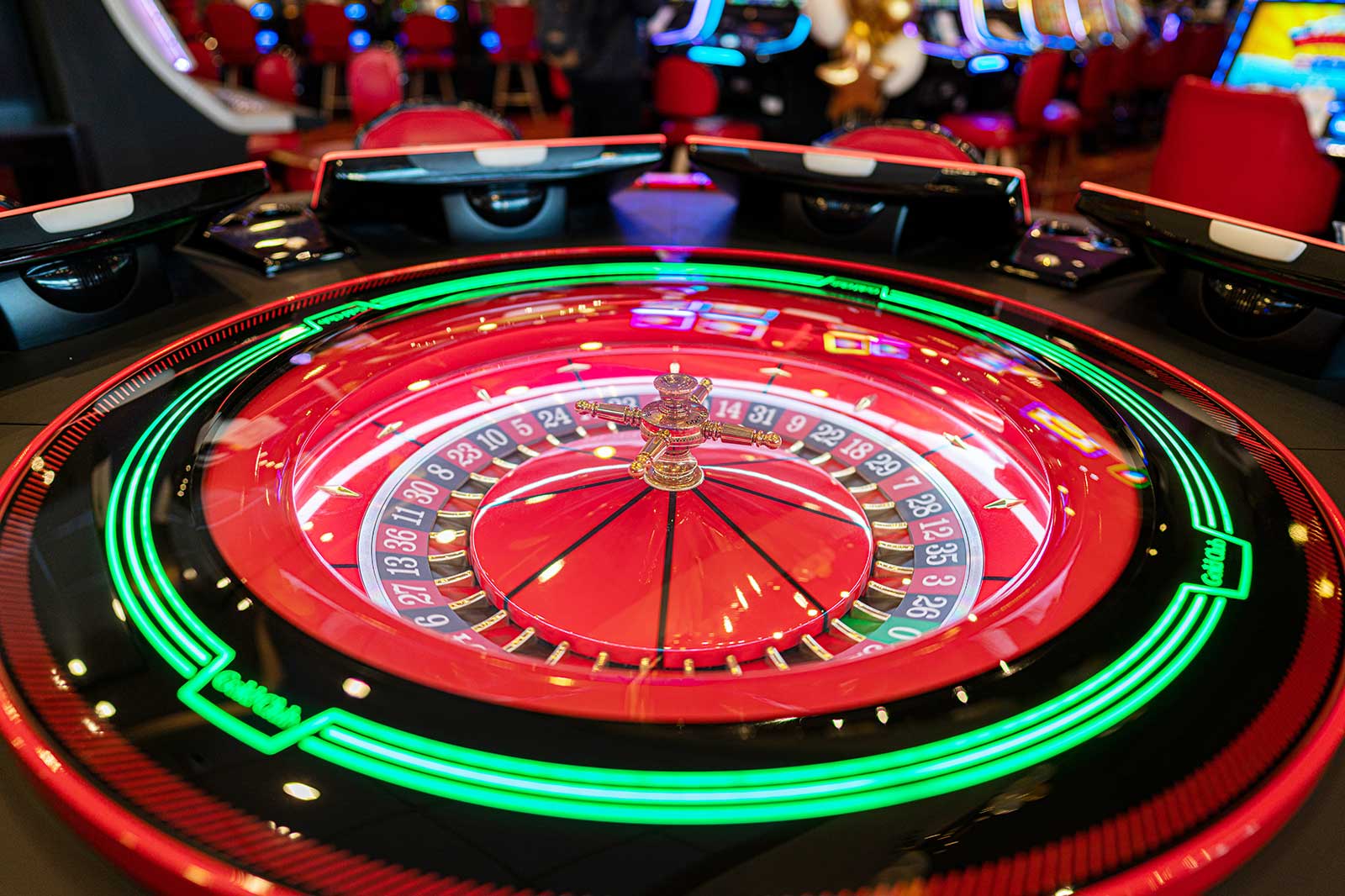Casino games have fascinated enthusiasts for decades, luring them into a world of adventure, luck, and prosperity. From the sparkling lights of slot machines to the strategic nature of poker games, these experiences offer a special combination of fun and exposure. However, underneath the surface of this glamour and style lies a intricate interplay of mathematics that influences every result and choice made within the casino. Jun888
Grasping this connection between gaming activities and mathematics not only boosts the playing experience but can also help participants make wise choices. Whether you are a occasional player or a passionate fan, recognizing the mathematical principles at play can offer important knowledge into likelihood, ratios, and strategies, ultimately influencing how one deals with these chance games.

Statistical Probability in Betting
In the world of gambling games, statistical likelihood plays a critical role in assessing outcomes and guiding player decisions. Each game has a specific set of regulations and a particular probability framework that influences its dynamics. For instance, in games like the roulette wheel, players must grasp the odds of choosing a specific digit or color. The probability of certain occurrences happening can be assessed, and this understanding can substantially affect wagering strategies.
Players also need to be cognizant of the house edge, which is the mathematical benefit that casinos hold over gamblers in the long term. This edge varies across various games. In blackjack, skilled players can use tactics to reduce the house edge to as little as 1 percent, while in games like slot machines, the casino advantage can be much higher. Comprehending the casino edge allows gamblers to make informed choices about which activities to play and the amount to wager.
Additionally, probability is crucial in the principle of risk versus reward in gambling. Each wager carries a particular risk factor, and gamblers must assess the possible return against that danger. Games like poker require gamblers to not only compute the chances of their personal hand winning but also to assess the likelihoods of their rivals’ hands. By applying mathematical concepts to their strategy, gamblers can enhance their odds of winning and engage more strategically in the exciting world of casino activities.
Expected Value in Casino Games
When talking about gambling games, one of the fundamental ideas rooted in mathematics is the expected worth. This numerical metric assists players understand the potential outcomes of their bets over time. In basic terms, anticipated value (EV) calculates the mean amount a gambler can expect to win or suffer per wager if they were to play the game repeatedly. Each game has its own EV, affected by the odds and the casino advantage, which signifies the advantage that the gambling establishment holds.
For instance, think of a game like the roulette game. The expected worth can be derived based on the specific wager made. If a player bets on a single number, the payout is 35 to 1, but the true odds of winning that wager are 1 in 37 (in Euro roulette). This results in a detrimental anticipated value, showing that, on average, gamblers will incur a loss money over a period when playing this type of wager. Grasping this idea allows gamblers to make more informed decisions about which games and wagers may be more favorable.
Moreover, the exploration of expected value can lead to improved bankroll management. Players who understand the math behind their games are often able to set realistic goals. By recognizing their possible deficits and gains, they can modify their gambling strategies accordingly, which may improve their overall gaming experience. As a result, expected value serves as a critical resource for both beginner and experienced gamblers to steer through the often unpredictable nature of casino games.
Tactics and Odds: The Math Behind Winning
In gaming establishments, understanding the probabilities is essential for players attempting to boost their likelihood of success. Each contest has its own distinct set of chances that determine successful results, and these figures are often located in the gaming regulations or payout tables. For case, in games like 21, participants can boost their probabilities through strategies such as card counting, which relies on mathematical principles to gain an upper hand over the house. By familiarizing themselves with the chances, participants can make more knowledgeable determinations on when to bet and when to give up.
Additionally, the idea of expected value holds a significant role in gambling strategies. Average outcome assesses the mean outcome of a bet over time, allowing gamblers to assess whether a particular bet is justifiable taking. For example, video slots have a fixed payback percentage, which can suggest the typical payout a player can expect on their stakes. By opting for games with higher expected values, gamblers can minimize the house advantage, enhancing their future winnings in the long run.
Lastly, successful gamblers often adopt a blend of chance and mathematical strategy to enhance their gaming experience. While chance can’t be controlled, managing a wagering approach based on calculative ideas can lead to more advantageous situations. By utilizing techniques such as money management and game selection, gamblers can apply math to maneuver through the unpredictable nature of gaming, making the most of their efforts and resources at the gaming tables.